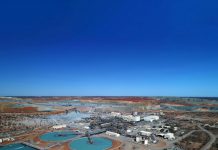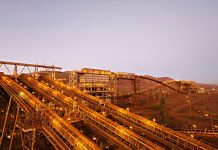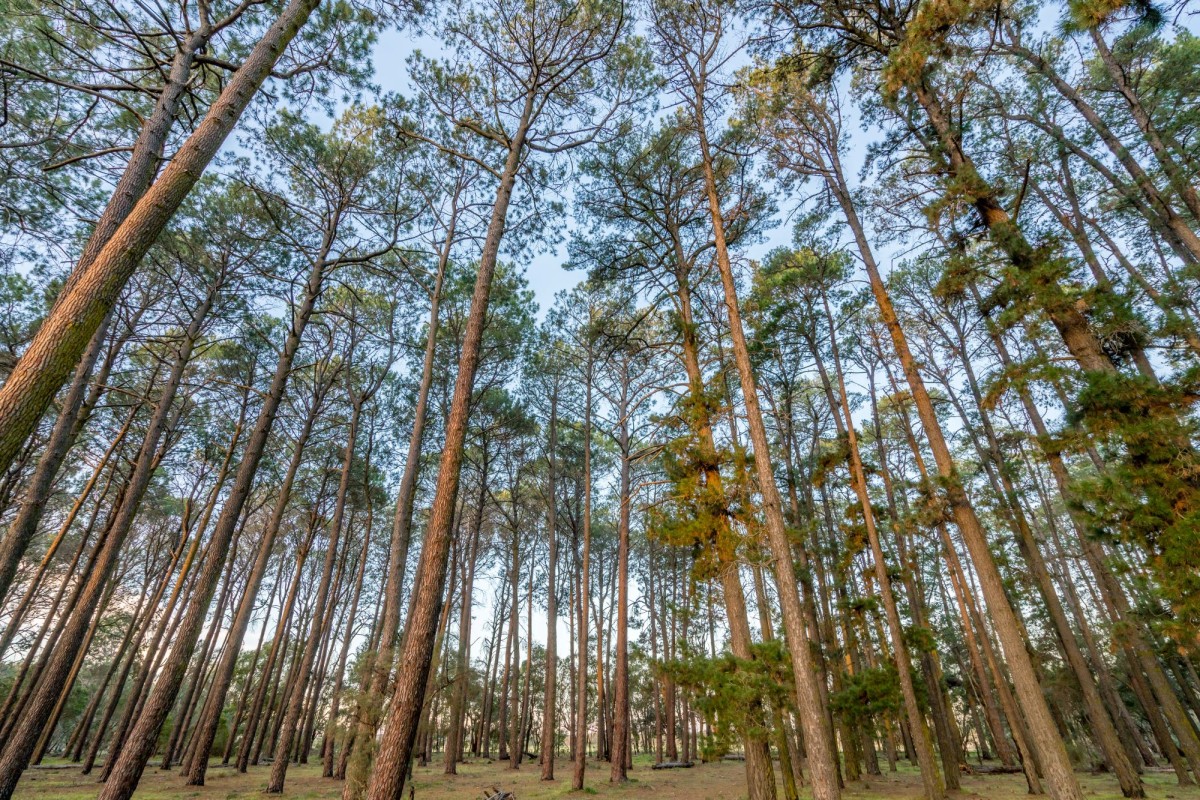Latest WA environmental approval reforms well-received by peak mining body

The WA Government yesterday introduced the Environmental Protection Act Amendment Bill 2024 to Parliament to speed up the State’s environmental approvals for projects.
Following the Vogel-McFerran Review that found approvals to be complex, time-consuming and costly, other State Government regulators will now be allowed to issue their own approvals ahead of the WA Environmental Protection Authority (EPA).
The new parallel decision-making policy means proponents can obtain other approvals while their environmental impact is assessed by the EPA, potentially saving years in the process.
WA Premier Roger Cook says this is one of the most significant reforms to WA’s environmental approval laws in a generation.
“This legislation strikes the right balance – slashing green tape, removing duplication and reducing delays – all while maintaining the highest environmental standards,” he said.
“For too long, major job-creating projects have been held up for years at a time by an inefficient, sluggish system that does not deliver any additional environmental outcomes.
“These sensible reforms retain all environmental protections, but streamline processes into a more efficient, responsive system.
“WA needs an environmental approvals framework that is modern, fit for purpose and delivers for the environment, the green energy transition and local jobs.
“This legislation will ensure WA continues to be the engine room of the nation and deliver on our ambitions to become a green energy powerhouse.”
WA Environment Minister Reece Whitby comments on this.
“These reforms will ensure WA’s high environmental protection standards are upheld while supporting efficient processes for business,” he said.
“Importantly, these reforms will not change how the EPA assesses environmental impact – they are sensible changes that will streamline approval processes without compromising the EPA’s independence.”
Projects will still need EPA approval to begin, maintaining strong environmental protections, with penalties for carrying out works without approval to double – with fines of up to $125,000 for an individual, and $250,000 for a body corporate.
Under the new laws, the WA Environment Minister will provide the EPA with a ‘Statement of Expectation’, helping it to better understand the Government’s priorities – including the green energy transition, housing delivery, job creation and protection of WA’s unique environment.
The membership of the independent EPA board will also be expanded to between five and nine members, who will be required to have skills or experience in specific disciplines important to the functions of the EPA.
The reforms also remove the right of appeal against a decision made by the EPA not to assess a project, with most projects in this case subject to other forms of rigorous environmental regulation.
The EPA will instead publish a summary of reasons for its decision.
This will bring WA into line with other Australian jurisdictions, reducing unnecessary appeals – while retaining reasonable rights of appeal across the system.
Chamber of Minerals & Energy of WA (CME) chief executive Rebecca Tomkinson says the introduction of this legislation allowing multiple government departments to process project permit applications at the same time is common sense.
But Ms Tomkinson warns against the process becoming overcomplicated with many stakeholders involved, thereby becoming a significant deterrent to investment in projects in WA.
“Our sector relies on regulatory frameworks that maintain our strong environmental protections, but obviously these must be delivered in a timely and efficient manner,” she said.
“Any perceptions of inefficiency, delay or WA being hard to do business with automatically impacts our reputation with investors and our trading partners.
“Our legislation has to be forward-looking and not lag behind other jurisdictions – or worse, drag us backwards.
“Our commodities are superior quality but Australia is a relatively high-cost jurisdiction so we have to be easy to do business with, and we have to maintain our ESG standards.
“Those two factors set us apart from other countries vying for the same market share.
“CME contributed to the consultation on the [WA Government] ‘parallel processing’ solution and its inclusion in the reforms is a good outcome, with the changes focused on delivering much-needed processing efficiencies.
“These legislative changes are good but one part of the larger puzzle.
“Now we need [the State Government] to focus on the other recommendations from the Vogel McFerran Review, like ensuring that internal departmental processes are focused on lifting productivity.”
Work already completed by the WA Government in addressing the Vogel-McFerran recommendations include:
- opening a CBD office hub for the EPA;
- introducing a renewed graduate program, recruitment strategy and mentoring program at the Department of Water and Environmental Regulation; and
- exempting a range of amendments to regional and local planning schemes from automatic referral to the EPA.























